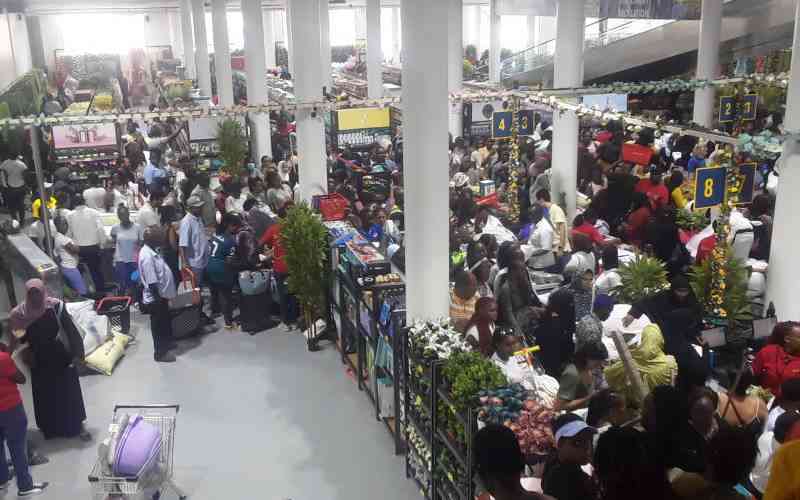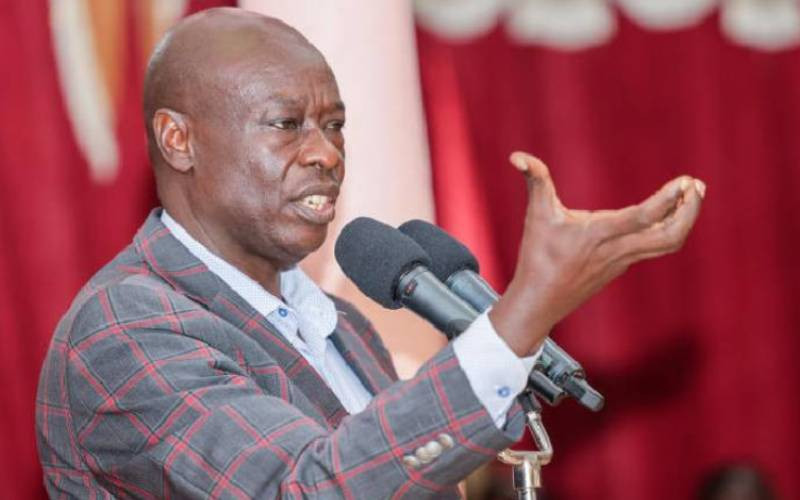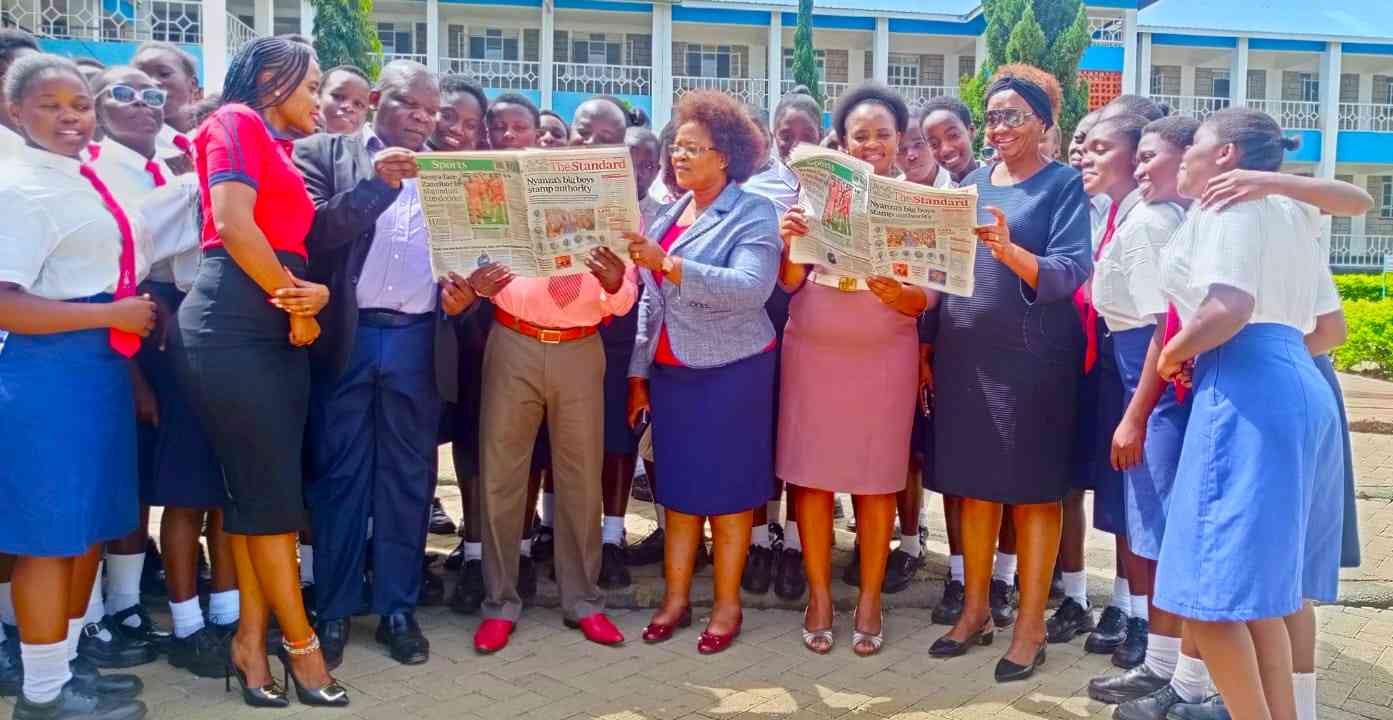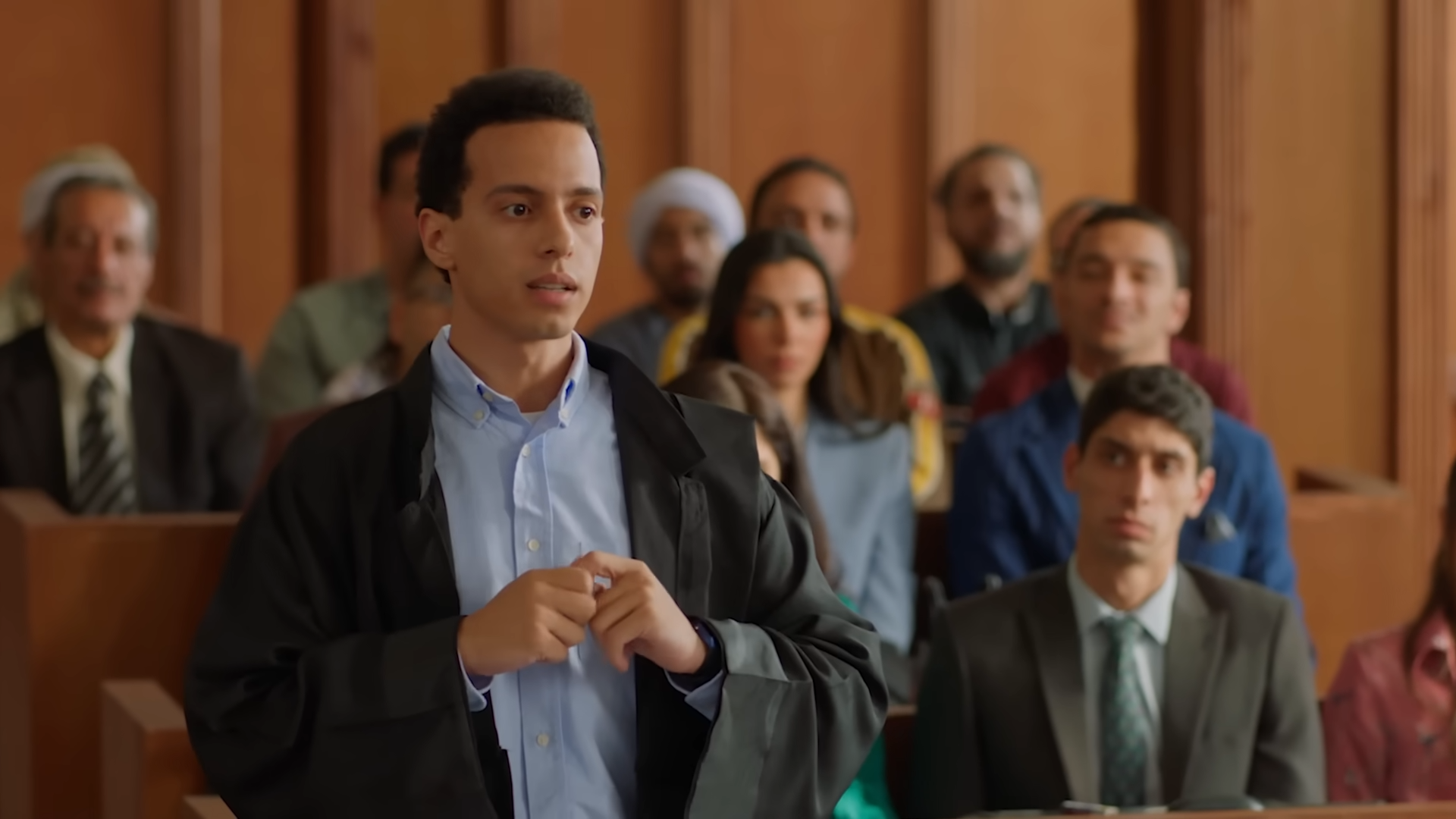It is a cold and windy day in Mduku, Hluhluwe, a rural area in northern KwaZulu-Natal. Rose Gumede, 48, just left a meeting with about 20 other unemployed residents. They have come together to start a cooperative to manufacture jams and juices.
Gumede has no means of income. She has been denied the R350 social relief of distress (SRD) grant that she previously received each month after the Covid-19 lockdowns began.
“The grant is not a lot of money, but it helped so much as I bought vegetables with it to sell it here,” she says as she points to the side of the main road, lined with makeshift tables displaying pineapples and bananas for sale.
Hluhluwe is home to the Imfolozi Game Reserve, a popular tourist destination. The town also sits along the route for heavy vehicles from mines, farms, and other businesses exporting and importing goods.
Women and children from the area have for years made use of the roadside to sell fruit, water and snacks to pedestrians and motorists. Gumede says life is difficult in Hluhluwe as there are few employment opportunities and most of the residents are struggling.
“When I was getting the grant, I woke up at three in the morning to line up at the post office. I would find there was already a long queue because people from surrounding towns slept at the post office.”
Community members came from the surrounding areas of Mbazwana, Nibela and Ntembeni. They couldn’t come in the morning because of transport scarcity, fear of being late and the possibility of being turned away without receiving assistance.
Even though that process was difficult, Gumede says she worries about collecting at the bank in town, which is 30 minutes away and costs R64 for a return trip. Desperate to change the declined status on her application, she has appealed once more and added her bank details as the means to receive the money.
“Every month from April, I check the status hoping the money is coming through. At first, it said approved but didn’t give a date for collection, I appealed and got declined. I don’t know why because the only money I receive is from my sister who is helping us live right now, but she is
struggling with food and petrol going up, it’s hard for her to have to help feed us too.”
Gumede is one of more than five-million South Africans who previously received SRD grants but no longer do. She applied along with 11.5-million citizens.
The SRD grant is now managed under the Social Assistance Act and not the State of Disaster Act as the country is no longer under the National State of Disaster.

New amendments were gazetted on 16 August, and the income threshold increased to R624, meaning that if an applicant has more than R624 in monthly income, they will not qualify for the R350 grant.
According to the #PayTheGrants movement, which falls under the C19 People’s Coalition, it was “bitterly disappointing” that the threshold had been increased.
The bank verification as the final determination for means testing was also removed. In a statement, #PayTheGrants said this needed to be clarified.
“On this point, the regulation needs more clarity when it comes to the use of or relationship between bank verification and the use of databases such as UIF, SARS [the South African Revenue Service], NSFAS [the National Student Financial Aid Scheme], et cetera,” the #PayTheGrants statement reads.
“These databases have serious flaws and approximately 40% of applicants have been unfairly declined due to this. Bank verification with means testing will remain a huge problem going forward as any funds received into a bank account or via Cashsend or money markets are considered as income. This is the reason why approximately 70% of declined applicants have been declined [because they have been identified as having an alternative source of income]”.
Grant recipients were expected to reapply every three months, but that had also been cancelled.

According to the group, the minister of the department of social development and the treasury could also enact a clause that allowed them to change the threshold and other stipulations “at will”.
The South African Social Security Agency (Sassa) has said that the central reasoning for the low threshold is to target the most impoverished, not only the unemployed.
Most applicants were rejected because they were found on other government databases, meaning they had some form of state support in the form of UIF or NSFAS. People responded either in their declaration or assessment questionnaire that they have alternative forms of support or income. #PayTheGrants credits this to the language barrier and an unfair application process.
“Application is only in English, which is not everyone’s first or even second language, making it difficult to navigate, understand and answer correctly. Questions [in application forms] are tricky, misleading, and set up in such a way that countless applicants excluded themselves as they did not understand the questions,” #PayTheGrants said in its statement.
According to the Pietermaritzburg Economic Justice & Dignity Group the cost of providing a basic nutritious diet for a family of four (the average family size in South Africa) is R3 229.49 a month.

The cost of the average household food basket increased month on month by R60.06 (1.3%) from R4 688.81 in June 2022 to R4 748.87 in July 2022. The cost of the average household food basket increased by R611.44 (14.8%) year on year, from R4 137.43 in July 2021 to R4 748.87 in July 2022.
On Wednesday, it was announced that the country’s consumer price inflation had increased to 7.8% year on year in July, driven by exorbitant increases in petrol. This is the highest level since May 2009.
Although petrol prices are expected to decrease in September, they will still remain at prices that eat away at the small incomes or grants received by the working class and poor.
Most of the people the Mail & Guardian interviewed for this article were from low-income households with an average of seven family members. The cost of a basic nutritious diet for a family of seven is R5 646.59 a month.
Forty-year-old Sdudla Zungu, who works as a hairstylist and lives in Phumlani, Hluhluwe, said that sometimes she “sits all day” without customers, but still has to find transport money of R120 a week. Zungu said she used the SRD grant to “buy a 2kg chicken braai pack, 10kg packet of rice, small potatoes and onions”.
“It gets so tough. There is no food in the house. That money helped. I had to send a family member R500 I owed them and as soon I did, I remembered that the limit for the money you can have in your account is R350 and I knew I wouldn’t get the money,” she said.
“It’s crazy that the government has decided that if you have R400 in your account, that means you are rich,” Zungu added.
Gumede said her family cooked meals in an outside fire to save on electricity costs. “I create a fire

outside to cut costs. Sometimes [the electricity] runs out and I have no money to buy [more], so for my family to eat, that’s the best way. We are in an ugly situation.”
Mathuli Mkhize, 39 who lives in Hammarsdale, in Durban’s outer west, echoed Gumede’s sentiments. She claimed to not have any income, including from grants, but her status remains “pending” since she applied for the SRD grant.
“I don’t know why I’m not getting the R350 because I don’t even use a bank account at all and I have never been employed in my life, so it can’t be UIF. I tried to appeal months back but even having data for that whole process is a struggle,” Mkhize said.
It costs her up to R200 a day to look for jobs as Hammarsdale is a 45-minute drive away from Durban, where she usually goes to drop off her CV at businesses. Transport costs her R70 for a return trip and the rest is for making photocopies at her local internet cafe. “I don’t even care where I work as long as I can have money, money is all the same,” she said.
This story was made possible by the M&G Guardians Project in partnership with the Adamela Trust.





















Discussion about this post